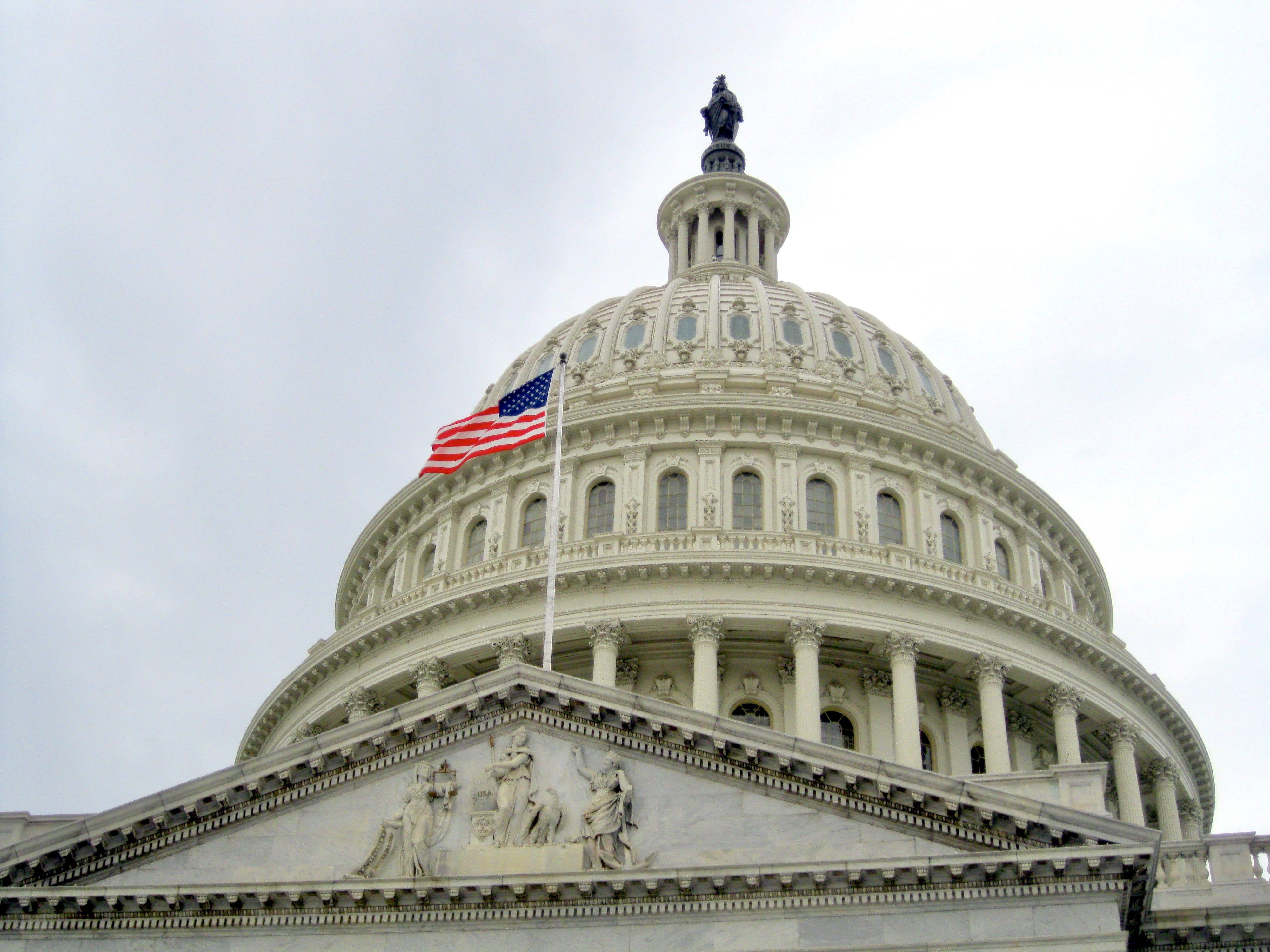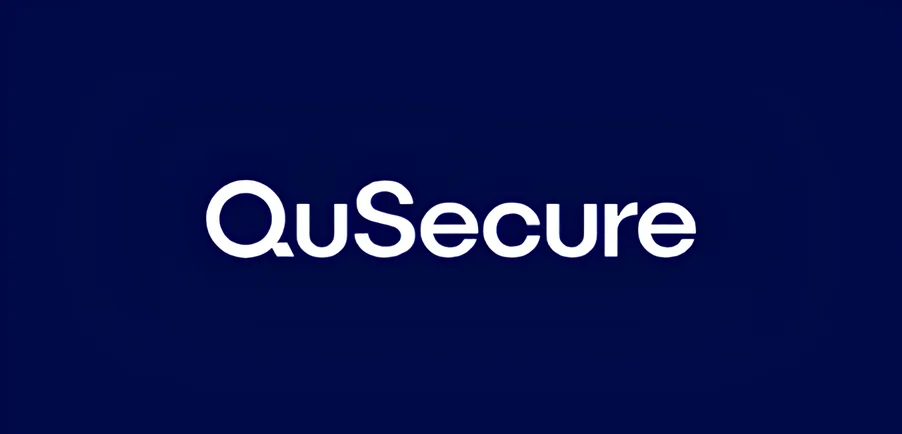Insider Brief
- The United States Congress appears poised to extend the National Quantum Initiative Act, NextGov is reporting.
- At the very least, the move signals a deepening commitment to a field of science that could define the technological landscape of the future.
- Since 2018, NQIA has served as fuel for the U.S.’s push into quantum information science and a guide for the country’s rapidly emerging quantum technology industry.
Soothing some worried minds in the U.S. quantum community, the United States Congress appears poised to ensure the country doesn’t fall behind in the global push to master quantum technologies.
NextGov is reporting that a bipartisan push, led by Reps. Frank Lucas (R-Okla.) and Zoe Lofgren (D-Calif.) of the House Committee on Science, Space, and Technology, will see the National Quantum Initiative Act (NQIA) extended, with a bill poised for introduction, aiming to advance the nation’s quantum research and development into the next stage. The bill’s forthcoming reauthorization, as reported by NextGov, signals a deepening commitment to a field of science that could define the technological landscape of the future.
Originally signed into law in 2018, the NQIA has been a cornerstone for quantum information sciences, marshalling significant federal resources to propel U.S. agencies, including the National Institute of Standards and Technology (NIST), the National Science Foundation (NSF), and the Department of Energy, to the forefront of advanced quantum research.

This pending legislation not only extends support through fiscal year 2028 but also sharpens the focus on the applications of quantum technology in modern-day scenarios. According to a draft obtained by Nextgov/FCW, the bill accentuates the importance of global partnerships in research, while directing the White House to formulate a strategy to maintain a competitive edge over rival nations such as China and Russia.
Nextgov/FCW reports the summary reads:“Reauthorizing and updating NQIA’s quantum programs is critical to ensuring that the United States’ policies reflect the advances made in quantum information science, engineering and technology since the passage of the original act. A reauthorization is also necessary to ensure the quantum industry and ecosystem has access to a robust, educated workforce and the U.S. is partnering with allied nations to bolster quantum research and development to counter quantum advancements by our competitors.”
Quantum testbeds at NSF are also explore in the proposed bill, which will be pivotal for translational research and promises to bridge the gap between theory and tangible, near to medium-term quantum applications. The NSF will document and report back to Congress on these testbed research outcomes, with a keen interest in potential governmental applications of quantum technologies.
NextGov reports that NIST is set to embrace a suite of new research priorities, ranging from executing R&D and demonstration projects to setting standards for quantum applications and benchmarking technology progress. These responsibilities will be critical in establishing the infrastructure necessary to support the quantum leap.
The draft legislation also recognizes that the burgeoning quantum industry requires a robust, knowledgeable workforce and strong international alliances to stand firm against the advancements of competitors. It envisions a Quantum Reskilling, Education, and Workforce Coordination Hub, to be selected by leadership at NSF, NIST, and Energy, potentially housed within a non-profit or academic institution. This hub aims to tackle workforce challenges and enhance quantum-related STEM curricula, ensuring the next generation of scientists and engineers are quantum-ready.
In an extension of support, NASA joins the list of agencies under the NQIA umbrella, tasked with formulating a strategy for quantum research relevant to space and aeronautics and establishing its own Quantum Institute to amplify the research scope.
The industry response has been largely positive, with leaders like Allison Schwartz from D-Wave acknowledging the draft bill’s nuanced approach to differentiating near-, mid-, and long-term applications, NextGov reports. This clarity could be pivotal in bringing quantum technologies to market more swiftly, Schwartz told the government news site.
Additionally, the draft bill solidifies the Quantum Economic Development Consortium’s role, supporting workforce development and facilitating stakeholder engagement, as Celia Merzbacher, the executive director of QED-C, told Nextgov/FCW. By extending the scope of QED-C’s influence beyond the Department of Commerce, the bill positions it as a central pivot for interagency collaboration.
For more market insights, check out our latest quantum computing news here.














